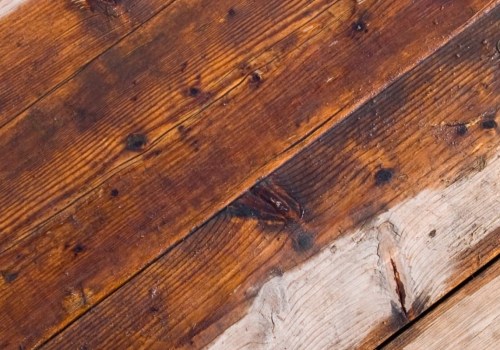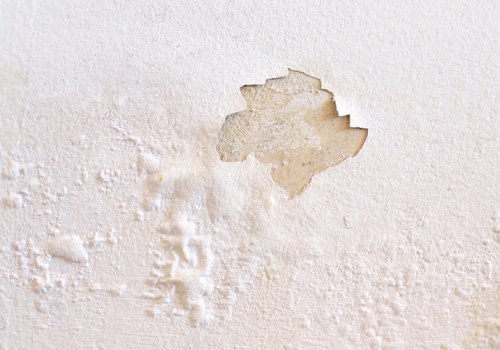Evaluating repair costs before committing to purchase a home is essential because water damage can cause serious problems, such as structural and mold issues. Knowing what precautions to take helps limit potential loss when buying a home with water damage. Water damage can be caused by flooding, broken pipes, or leaky roofs, and other defects and hazards may be present due to the damage. It is important to ask a professional to assess the current water damage and determine if it puts your family's health or safety at risk.
Experienced and reliable water damage professionals should be hired to restore the property to great condition. A qualified home inspector will examine the roof, drains, visible pipes, and access spaces for any signs of pre-existing water damage. Once a final agreement has been agreed, double check to make sure the agreement on water damage costs is correct. It is also important to find out if the seller has any fiduciary liability for water damage according to your state's seller disclosure laws.
Not all water damage is visible at first glance, so homebuyers should know what to look for before buying a new property. It takes an expert eye to determine if water damage is new or if it started long before you bought the house. Homebuyers can easily avoid most of the risks and make sure their investment is worthwhile by knowing what to look for and what precautions to take before closing the deal on a water-damaged home. If the seller intentionally concealed pre-existing water damage or deliberately omitted it from the disclosure form, you may not have to go as far as a lawsuit for it to pay.
If your water damage is significant and the cause of costly repairs, your only option may be to pursue litigation to hold the seller financially responsible. You should never buy a home that hasn't been repaired if there is still water damage. But if water damage is minimal and the solution to prevent future damage is a simple adjustment of the downspout to keep water away from the foundation, then it's best to let it go without any action beyond a demand letter. Knowing more about water damage and how much it could cost you can help you make an informed decision about whether or not to buy a property.









